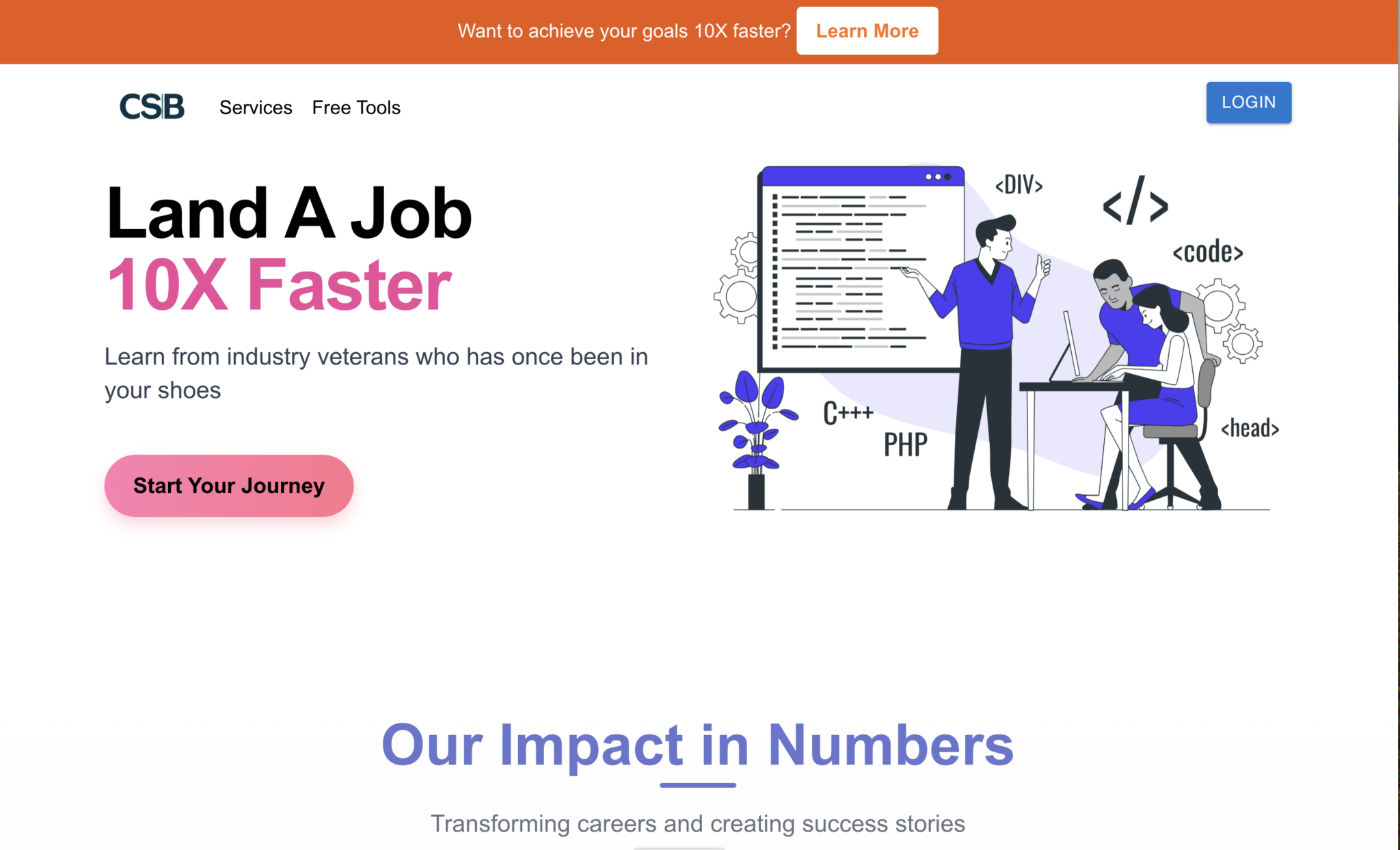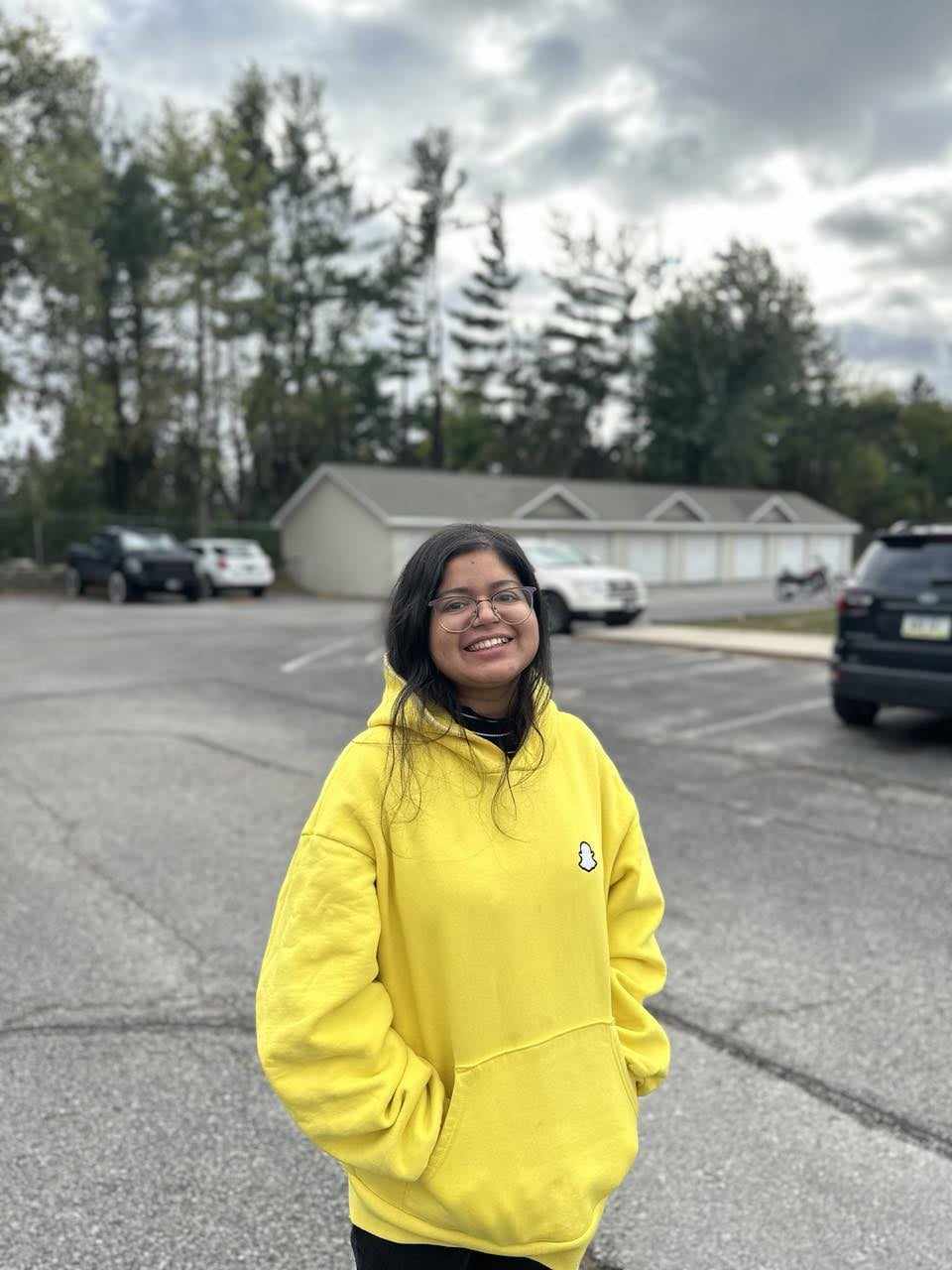We caught up with the brilliant and insightful Nazifa Mouli a few weeks ago and have shared our conversation below.
Nazifa, looking forward to hearing all of your stories today. Can you share an important lesson you learned in a prior job that’s helped you in your career afterwards?
One of the most important lessons I’ve learned in my professional career came from my early experiences in research. Computer science is a broad field with countless subdomains, and during my undergraduate studies, I decided to dive into research. However, I quickly realized I had no idea where to start. I felt lost and unsure of how to approach the process, let alone make progress.
To get on track, I began watching educational videos and reading articles about research basics, particularly how to read academic papers. My immediate supervisor also offered invaluable guidance. He suggested I start by reading three research papers from different fields such as computer vision, and natural language processing, and later focus on the topics that sparked my interest. This advice was incredibly helpful, but it was also overwhelming at first. As a beginner, I struggled to grasp the depth and complexity of these papers.
As I progressed and entered my Ph.D., I understood how essential it is to read widely and critically. The more papers you read, the better you become at identifying research gaps and finding areas worth exploring. Beyond reading, I also had to build technical skills, like training machine learning models and working with data, to support my research endeavors.
However, the most impactful learning experience came when I worked on my first research paper. I quickly discovered that the process was far more challenging than I had imagined. Ideas that seemed straightforward in theory often became complicated in practice. This is where trial and error played a crucial role. It taught me that failure and setbacks can be a powerful vehicle for growth. These experiences helped me develop resilience, problem-solving skills, and the ability to adapt when things don’t go as planned.
Looking back, those early lessons in learning to read, analyze, and persist through challenges shaped my professional career and continue to guide me today.

Great, appreciate you sharing that with us. Before we ask you to share more of your insights, can you take a moment to introduce yourself and how you got to where you are today to our readers.
During my undergraduate years, I volunteered with an NGO that provided collateral-free loans to women in group settings. This experience was transformative. It opened my eyes to a critical reality: while many people are eager to improve their circumstances, access to resources and opportunities is often limited. These women weren’t looking for handouts they wanted tools to empower themselves and their families. That realization profoundly shaped my professional journey.
Today, I lead Research and Development at CSB, a platform dedicated to equipping individuals in Bangladesh with programming skills that can unlock opportunities in global markets. What excites me most about this work is that it’s not just about teaching technical skills; it’s about creating access. We aim to provide a pathway for individuals who might not otherwise have access to quality education or high-paying job opportunities. A key milestone for us was organizing Bangladesh’s first international hackathon, which brought together students and professionals from around the world.
In parallel with my work at CSB, I am pursuing a Ph.D. at Iowa State University, where my research focuses on developing ethical language models. In the field of AI, building intelligent systems isn’t enough they also need to be trustworthy. This involves addressing major challenges, such as reducing bias and misinformation, especially in educational and professional tools where fairness is crucial.
At CSB, one of my primary projects involves creating tools to evaluate students’ interview skills. These tools are designed to be technically effective but also ethically responsible. Addressing bias in AI is one of the toughest challenges we face. It demands substantial computational resources and careful data preparation. Retraining AI models with unbiased data is a complex and resource-intensive process, but it’s essential to ensure fairness and inclusivity in the technology we create.
As a team, we’re committed to tackling these challenges head-on. Our goal is to balance innovation with ethics, building tools that empower individuals while fostering trust in AI. I’m proud to be part of a mission that’s not just about advancing technology but also about creating meaningful, equitable opportunities for people.m

Any stories or insights that might help us understand how you’ve built such a strong reputation?
I completed my undergraduate degree in Bangladesh before moving to the US to pursue a PhD. When I arrived, I quickly noticed significant differences between the educational systems in the two countries. In the US, universities emphasize hands-on experience, especially through project-based learning. Students are encouraged to participate in hackathons and internships as early as their second year, gaining valuable insights and strengthening their resumes.
This practical approach aligns closely with the mission of HackCSB, an event designed to foster innovation and connect students with industry professionals. HackCSB provided participants with an opportunity to develop projects and present them to experts from around the world. The event attracted over 300 teams and more than 600 participants from diverse backgrounds and skill levels. The judging panel featured professionals with experience at major tech companies, including Apple, Netflix, Google, Meta, Microsoft, and Snapchat. One of HackCSB’s most impactful features was its recognition of top-performing teams. The Winners HackCSB also received references from software engineers at Big Tech companies, which opened up exciting career opportunities.
As both a judge and an organizer, I took on a dual role that enhanced my professional growth. I evaluated projects, interacted with participants, and collaborated with industry leaders, gaining insights into emerging trends. Beyond judging, I contributed to the event’s planning efforts, particularly in designing services for CSB. For example, we introduced a program where students could receive professional guidance to prepare for Big Tech jobs, with no fees until they secured employment. This initiative gave students access to critical resources without financial stress.
These experiences allowed me to bridge academia and industry effectively, build meaningful connections, and establish a reputation for contributing to the tech community in practical and impactful ways.

What’s a lesson you had to unlearn and what’s the backstory?
The lesson I had to unlearn was that relentless ambition and pushing forward without considering the consequences isn’t always the best path to success. Early on, I thought that to achieve my dreams, I had to keep working harder, regardless of setbacks or personal tolls. I viewed everything as an investment in the future, where the more time and effort I put in now, the better the outcome would be later. However, I soon realized this mindset had a serious downside.
During my high school years, my drive for success led me to neglect my health. I skipped meals, stayed up late studying, and ignored the signs of stress. Then, just before my final exams, I had a heat stroke and was bedridden for days. I’ll never forget the look of concern on my parents’ faces or the worry that I might have to repeat the semester. That was a turning point for me. Even though I eventually passed my exams, I learned the hard way that neglecting my health was harming my long-term progress.
In college, I faced another wake-up call. Right before my midterm exams, I contracted COVID-19. Even after recovering, I experienced lingering symptoms like fatigue and poor concentration, which made it difficult to study. This time, I truly understood that health is just as important as ambition.
Over the years, I’ve unlearned the idea that constant work and sacrifice are the only way to achieve success. Instead, I realized that true persistence means balancing hard work with self-care knowing when to push forward and when to take a step back. This lesson has been valuable during my PhD journey, where balancing research, deadlines, and health is crucial to sustained success.
Contact Info:
- Website: https://www.csbmain.com/
- Linkedin: https://www.linkedin.com/in/nazifamouli



